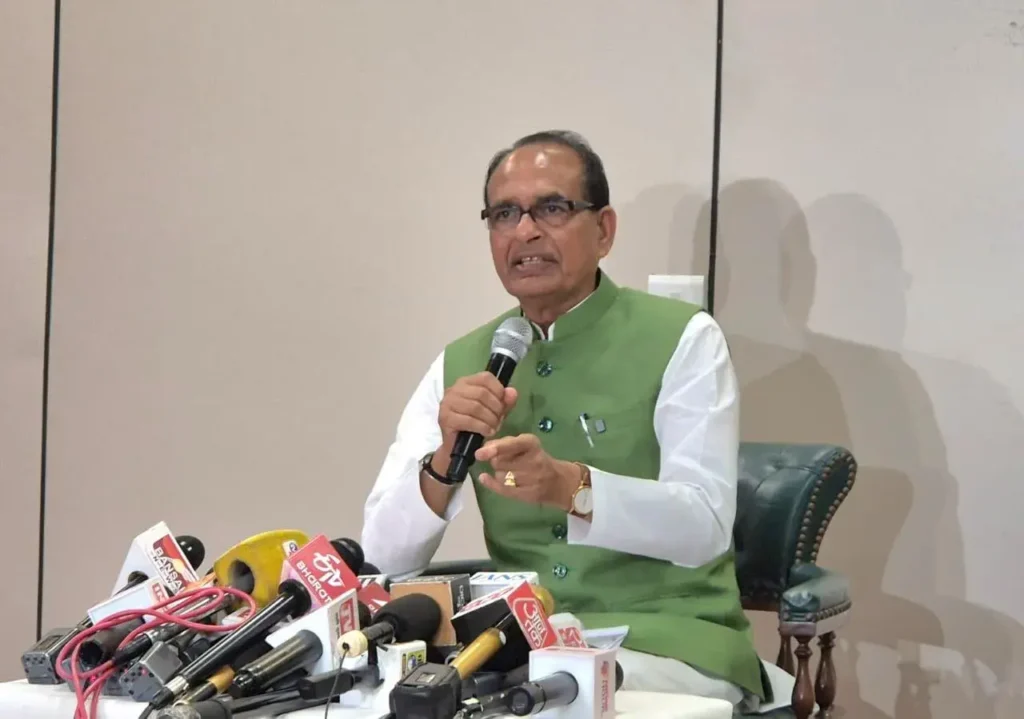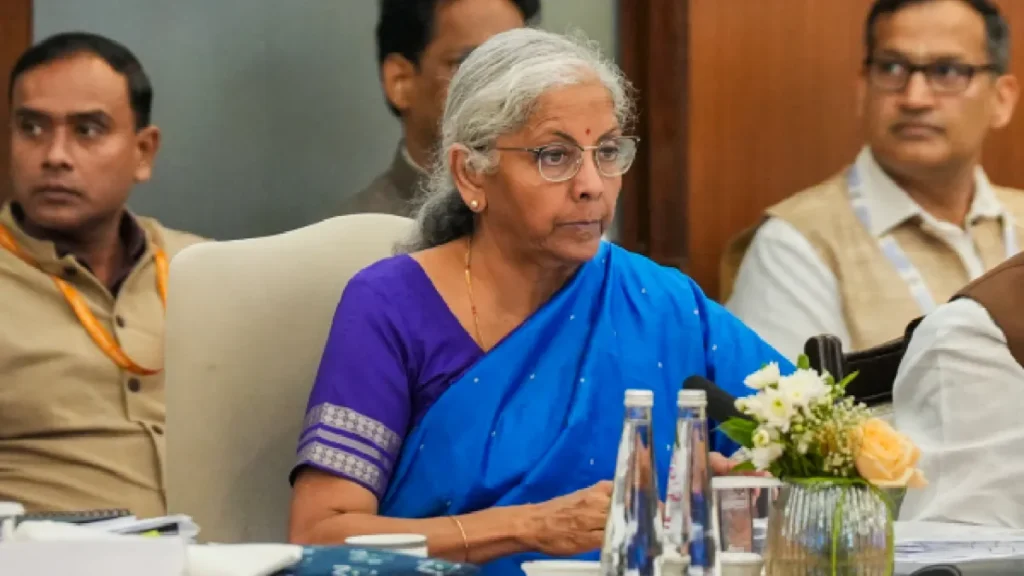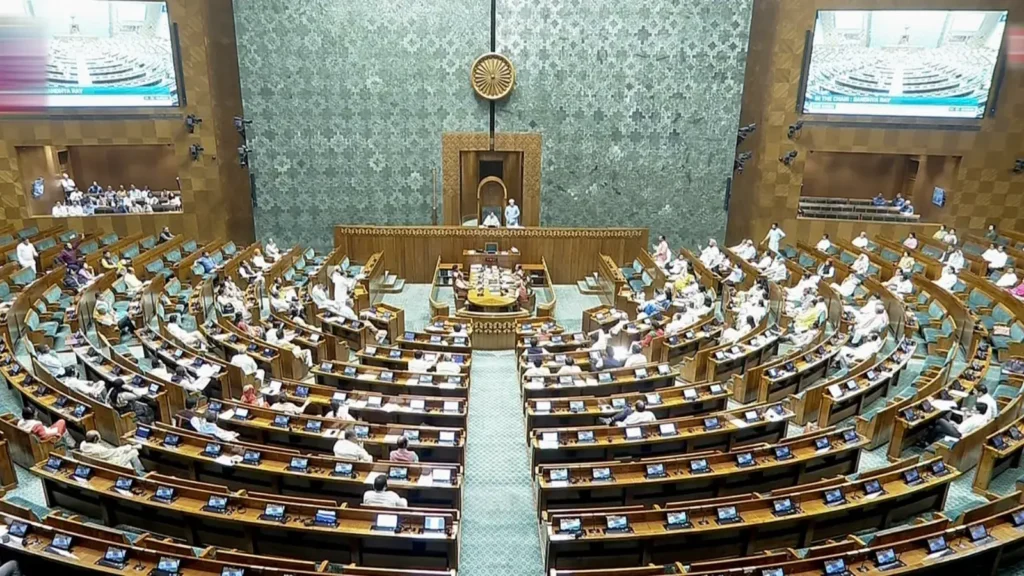India’s Economy Holds Steady Despite Global Trade Pressures: SBI Capital Report
India’s economy continues to demonstrate robust resilience amid global trade headwinds and fiscal strains, supported by strong domestic demand and government expenditure, according to a new report by SBI Capital Markets. The study highlighted that while protectionist tariff policies — particularly from the United States — have become a major global challenge, India managed to remain relatively shielded in the first quarter, achieving an impressive GDP growth of 7.8%. The report pointed to ongoing structural reforms as a key factor driving momentum. A streamlined Goods and Services Tax (GST) framework is expected to inject around ₹50,000 crore into the economy, further boosting consumption. However, Indian exporters are increasingly under strain due to retaliatory tariffs from trade partners, with some duties reaching 50%. Notably, a 25% levy linked to Russian crude purchases has heightened cost pressures and disrupted trade flows. On the currency front, despite a softer U.S. dollar, the Indian rupee depreciated nearly 5% year-on-year, hitting record lows. The Reserve Bank of India has limited its interventions, opting instead to allow the weaker currency to support exports while conserving forex reserves. Externally, while capital inflows remain tepid, the current account deficit is viewed as manageable despite sluggish merchandise exports. The analysis also contrasted India’s fiscal situation with that of advanced economies. Rising debt burdens in countries such as the U.S. and U.K. are steepening bond yield curves, while in India, higher state government borrowing continues to exert pressure on long-term yields. Adding to the global backdrop, weaker U.S. employment data has heightened expectations of an imminent Federal Reserve rate cut in its upcoming policy review, the report noted. Source: IANS Photo Credit: iStock
India’s Economy Holds Steady Despite Global Trade Pressures: SBI Capital Report Read More »










